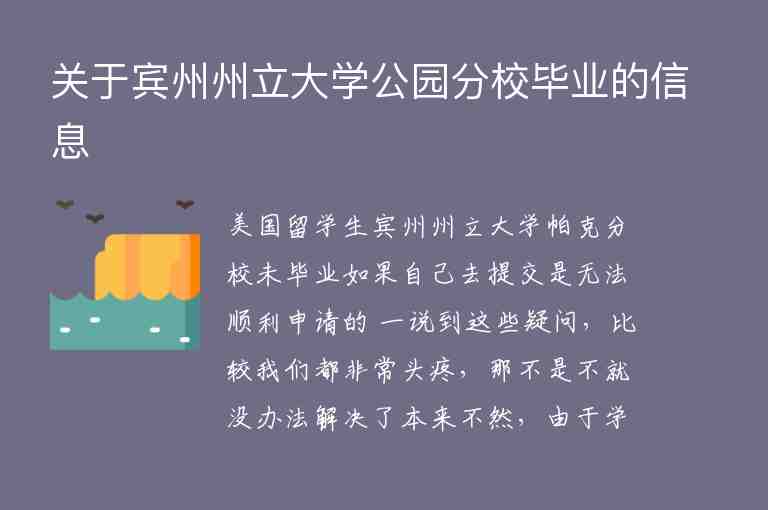稀(xī):形容词,指物质的密度小,成分少,数量不足。
用法:常用于描述物质的性质或状态。
例句1:这种果汁比较稀,需要加水稀释一下再喝。
This juice is too thin, it needs to be diluted with water before drinking.
例句2:这种土地的土壤很稀,不适合种植作物。
The soil in this land is very poor, not suitable for growing crops.
例句3:他的头发越来越稀了,可能是因为年龄大了。
His hair is getting thinner and thinner, maybe because of his age.
例句4:这里的人口很稀,所以交通不太发达。
The population here is sparse, so the transportation is not well developed.
例句5:这种肉汁太稀了,需要加些淀粉勾芡。
The gravy is too thin, we need to add some starch to thicken it.
同义词及用法:
1. 稀疏(xī shū):形容物体分布或数量少,间隔较大。常用于描述空间分布或人口密度等。
例句:这里的树木很稀疏,几乎没有遮阳的地方。
The trees here are sparse, there is hardly any shade.
2. 稀少(xī shǎo):指数量少、不足。常用于描述具体的数量。
例句:这种病的发病率很稀少,很少有人得过。
The incidence of this disease is very rare, few people have ever had it.
3. 稀薄(xī bó):形容物质密度小,含量少。常用于描述气体或液体的性质。
例句:这种气体很稀薄,无法呼吸。
This gas is very thin, it is impossible to breathe.
4. 稀有(xī yǒu):指珍贵、罕见。常用于形容宝贵的物品或珍稀的动植物。
例句:这是一种非常稀有的植物,只在特定地区生长。
This is a very rare plant that only grows in specific areas.
编辑总结:
稀是一个形容词,常用来描述物质的密度小、成分少、数量不足等特点。它可以用来形容各种物质,如果汁、土壤、头发等。除了常见的“稀疏”、“稀少”外,还有“稀薄”、“稀有”等近义词可以替换使用。总之,在写作中要根据具体语境选择合适的词语来表达想要表达的意思。
